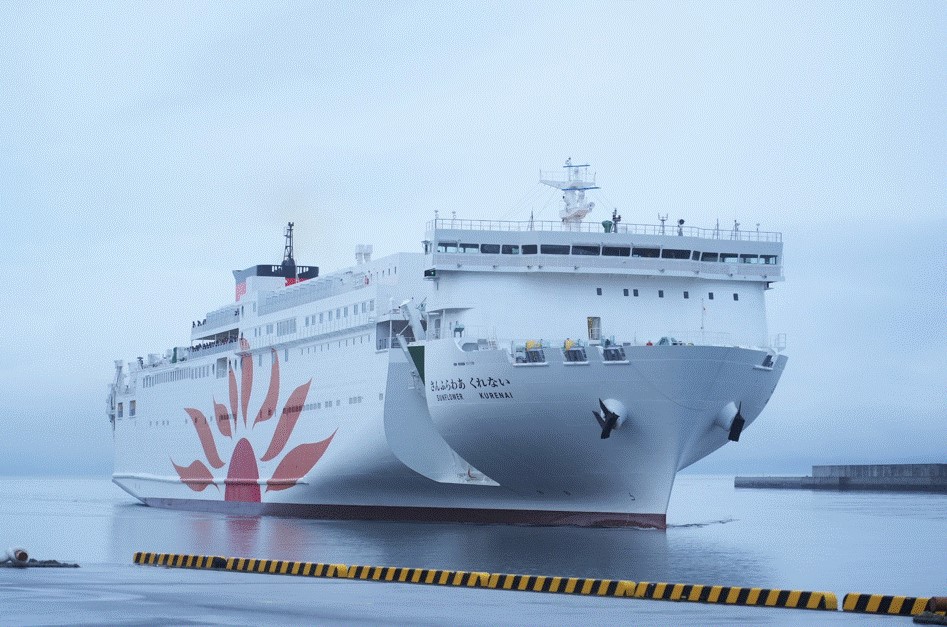Japan’s shipping giant MOL is joining forces with compatriot Air Water to study the use of liquefied biomethane or bio-LNG in its LNG-powered vessels.
In that regard, the two firms signed a memorandum of understanding, according to a statement by MOL.
This joint study will be conducted as part of an LBM technology research and development program approved by Japan’s Ministry of the Environment and promoted by Air Water, MOL said.
Moreover, MOL said that Air Water produces LBM in the Tokachi region of Hokkaido.
In October 2022, the company started operation of what it says is the first plant in Japan to produce LBM, an alternative fuel to LNG that effectively uses unused biogas produced from cattle manure.
The firm is also working on supplying LBM to food factories and LNG-fueled trucks.
Further reduction of emissions
As part of the joint study, MOL and Air Water will confirm that LBM can be transported, supplied, and used without problems using existing shore and onboard equipment.
The goal is to use LBM on MOL’s coastal LNG-fueled vessel in the first half of fiscal 2023, MOL said, adding that will be the first use of LBM as marine fuel in Japan.
MOL is building a fleet of LNG-powered vessels as part of its plans to slash emissions, and it recently placed in service Japan’s first LNG-powered ferry, Sunflower Kurenai.
LNG fuel is expected to reduce carbon dioxide (CO2) emissions by about 25 percent compared to conventional fuel oil, but further reduction of CO2 emissions can be expected through the partial use of LBM, it said.
In addition, because the main component of both LBM and LNG is methane, the current LNG supply chains can be used, so LBM can be an “effective solution to achieve low-carbon and decarbonized ship operations,” it said.

